Storm Carroll: A Life Rooted in Rugby, Cultures, and Change in the Netherlands
When Storm Carroll stepped off a plane in the Netherlands twenty years ago, he never imagined how deeply his life would become intertwined with this small but passionate rugby community. What started as a short stint turned into a lifelong journey—one filled with victories, friendships, cultural discoveries, and a profound love for the sport.
Storm first arrived in Castricum with nothing but a three-month contract and dreams of returning home. The plan was simple: stay fit, develop his skills as a fly-half, and then head back to New Zealand for the next season. But the tight-knit Kiwi spirit at Castricum, combined with the club’s rich Māori culture, quickly made him feel at home. The team was full of Māori players who, despite being thousands of miles from New Zealand, carried their culture proudly. That feeling of kinship and shared identity was contagious.

And then came the success—championships, victories, and becoming part of a legendary club legacy that saw Castricum dominate the Ereklasse with five straight titles. Storm’s early days were full of moments that still make him smile—being part of winning teams, forging lifelong friendships, and absorbing Dutch life with a sense of wonder. He jokes sometimes that his all-year tan and Māori tattoos made him an exotic sight in the Netherlands, especially among the local ladies—“Peow peow,” he’d say, laughing. But for him, rugby has always been more than just a game—it’s about the connections, the culture, and the stories off the field.
Love, Family, and Embracing a New Life
Many ask if love was the reason Storm decided to stay. His answer? “No comment”—but everyone knows it’s a story about more than just rugby. His Dutch wife loved every second supporting him in the sport and in life. Their connection deepened over the years, and eventually, family became the heart of his decision to put roots down here.

The Dutch weather, initially shocking for someone from sunny Aotearoa, became a new adventure. Storm learned to skate on ice, touch snow for the first time, and adapt to a climate so different from the endless summer of his homeland. The language was a challenge—Dutch is notorious for being tough, even after two decades, but Storm embraced it, reaching a level where he could teach the haka in Dutch—a proud milestone. And the snack bars? Well, he admits he gained about 20 kilos his first season, unable to resist the Dutch snack addiction.

A Legacy Built on the Field
Storm’s rugby career in the Netherlands is packed with milestones. The debut for the national team, scoring tries, captaining the side, winning qualification matches, even kicking a 50-meter penalty in Ukraine—each moment etched into his memory. He’s played nearly 50 caps and seen firsthand how Dutch rugby has evolved.
He recalls some incredible trips—visiting Jerusalem before the conflict, experiencing the grandeur of Malta’s casinos, and walking through the sobering history of Poland’s concentration camps. These travel adventures, often intertwined with rugby, broadened his perspective and deepened his bonds with the game and its global community.

Winning the Ereklasse with Hilversum was a career-defining chapter. Storm describes those seasons as reminiscent of Michael Jordan’s Bulls: gritty, chaotic, yet driven by relentless passion. Despite intense internal conflicts—players calling each other out, heated arguments—the team grew stronger. When they lost finals after three consecutive championships, it tested their character. But they refused to give up. The support from the club kept them united, and their resilience paid off with a second three-peat and an undefeated record in Dutch rugby history. Storm beams with pride remembering those victories, knowing they came through dedication and a genuine love for the sport.
The Difference in Mindsets
Having spent so much time here, Storm has a unique perspective on the cultural differences in rugby mentality. In New Zealand, rugby is woven into the very fabric of daily life—from schools to local parks—”We eat, sleep, and breathe rugby,” Storm says. Here in the Netherlands, he sees that similar passion resides in football. Kids play soccer everywhere, and that intense football culture makes it hard for rugby to compete for attention.
But Storm also admires the intimacy of Dutch rugby—the close-knit community where everyone knows each other. It’s grassroots, personal, and driven by love rather than tradition alone. It’s a “labour of love,” and that’s what makes the sport so special in the Netherlands, he says.
Watching the Sport Grow
Ten years ago, Storm was part of a small campaign promoting the Rugby World Cup in the Netherlands—the first rugby broadcast on Dutch television. Now, the game’s visibility has skyrocketed. We’ve got some fantastic content creators now—Dutch Rugby Mag, Thirdhalf, BT7, RugbySandwich, Het is weer ruck, eyecons—they’re all doing an incredible job raising awareness and visibility of the sport here in the Netherlands. It’s honestly great to see how much the game is evolving, and I think in the next ten years, it will continue to grow in its own unique way.
Rugby may never quite replace football in popularity here, but that’s not the point. Rugby is a respected, character-building sport with a tight-knit community that values integrity, effort, and camaraderie. That’s what makes it so special. It’s not just about how many people watch it—it’s about the kind of people rugby nurtures.

If we keep fostering and building on that culture—the values, the friendships, the sense of belonging—we’ll see the sport rise to a much higher standing in Dutch society. I truly believe that if we stay focused on what makes rugby meaningful, it can become a major sport in this country.”
Storm Carrol reflects on his coaching experience with the Dutch U18s, highlighting how it broadened his understanding of rugby and emphasized the importance of learning despite many years in the sport. He values teaching young players that small, consistent habits—like punctuality and preparation—are crucial. His involvement with Haka Rugby connects him to his Māori roots and cultural identity, fostering a sense of community and legacy for young players. Although he initially didn’t miss New Zealand, his perspective shifted with family considerations, and he plans to return to New Zealand at the end of 2026 to raise his children in a familiar environment filled with natural beauty and cultural richness.

Storm Carrol mentioned learning from several coaches, including Allard, Gareth, Mitch, Alex, and Dino (the strength & conditioning coach).
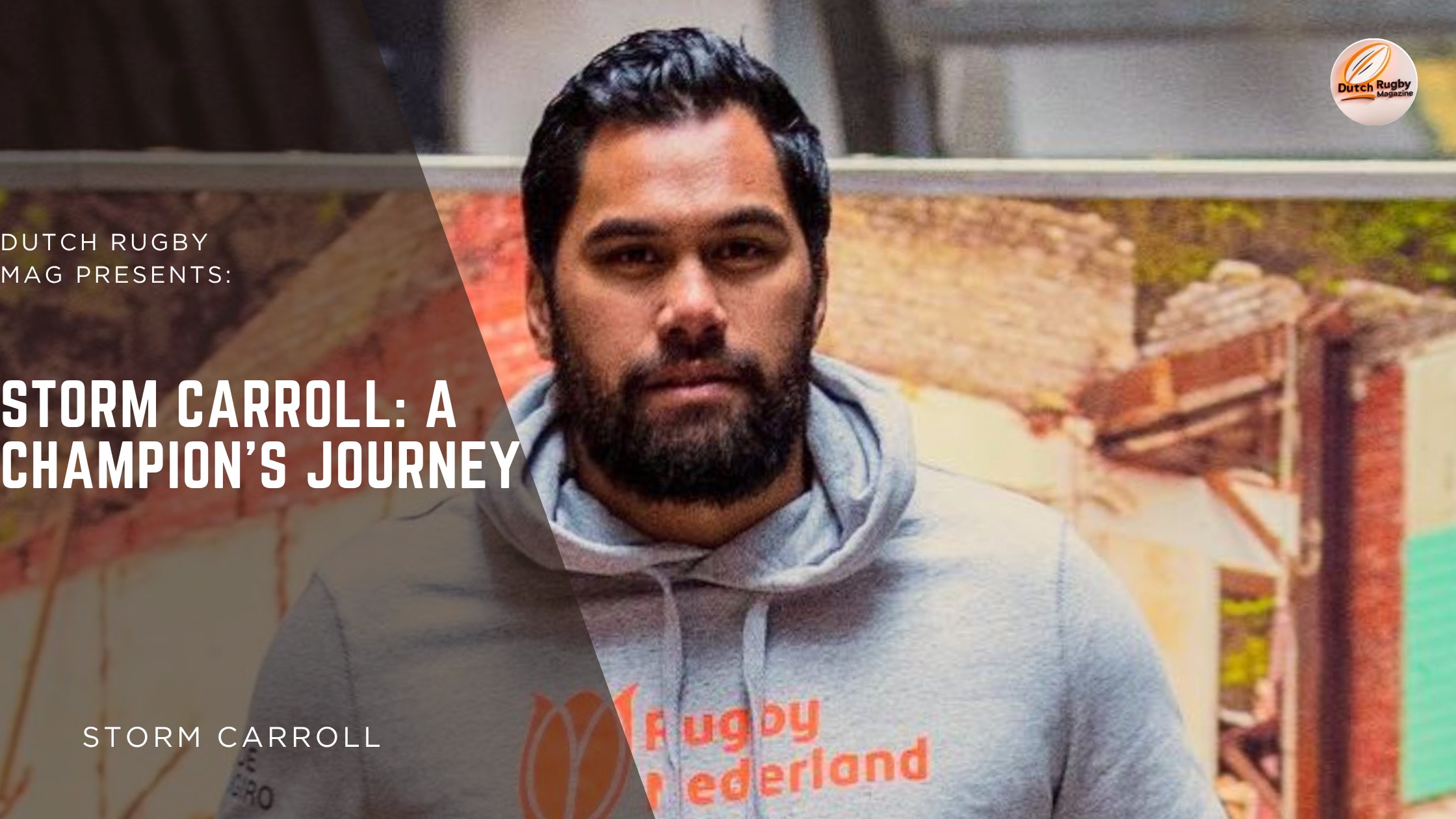
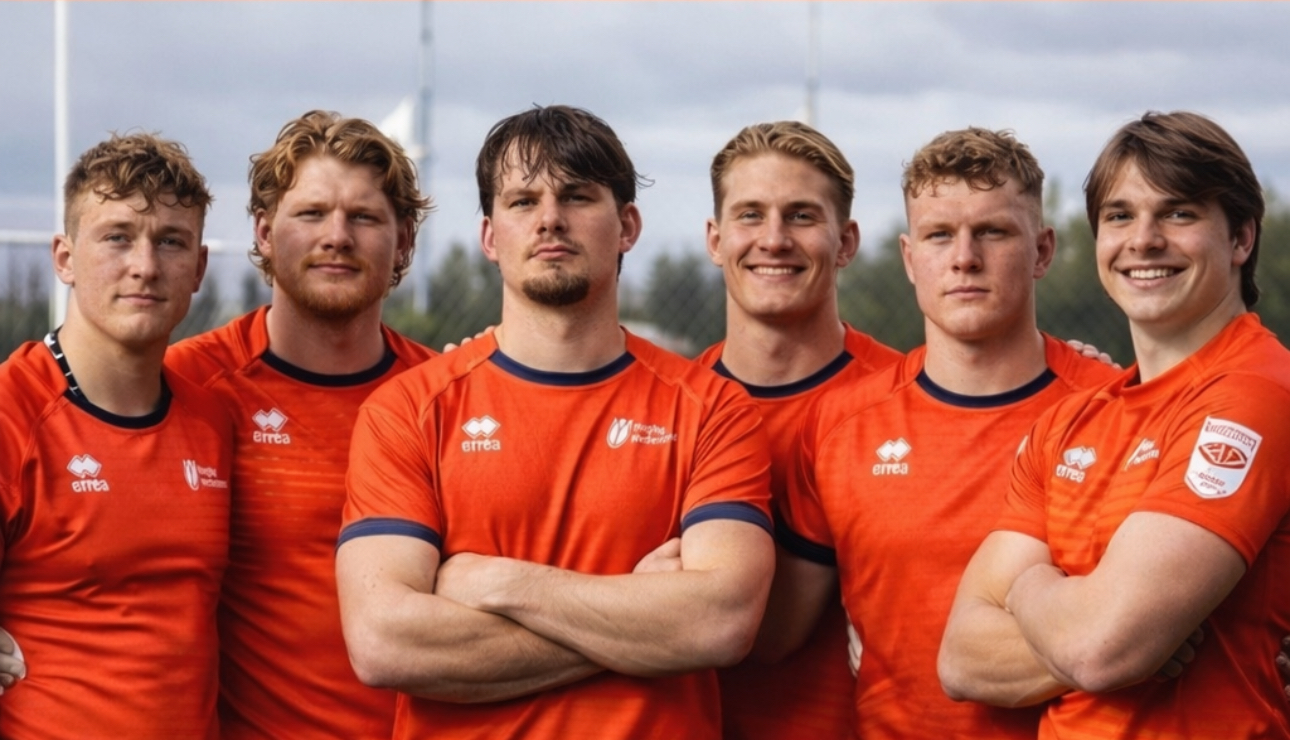
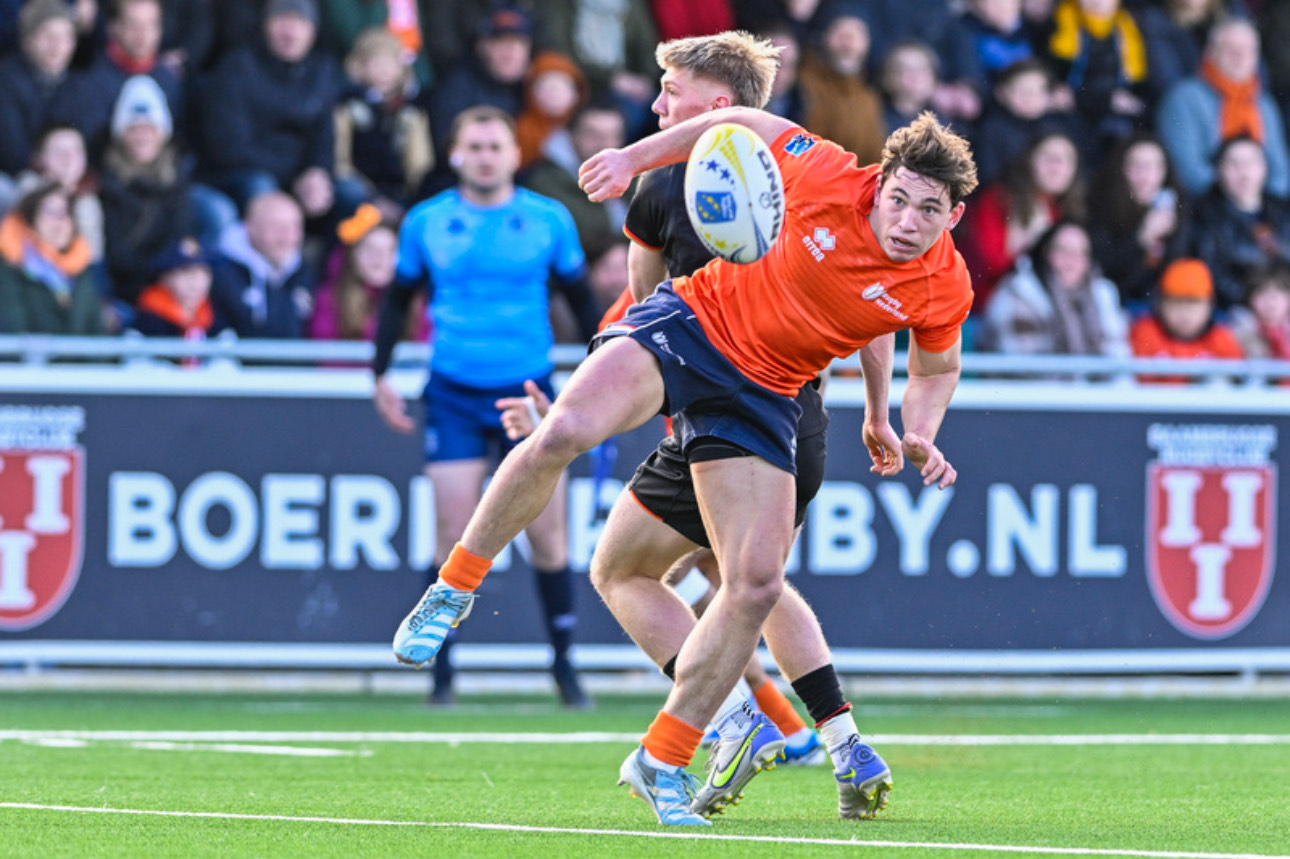
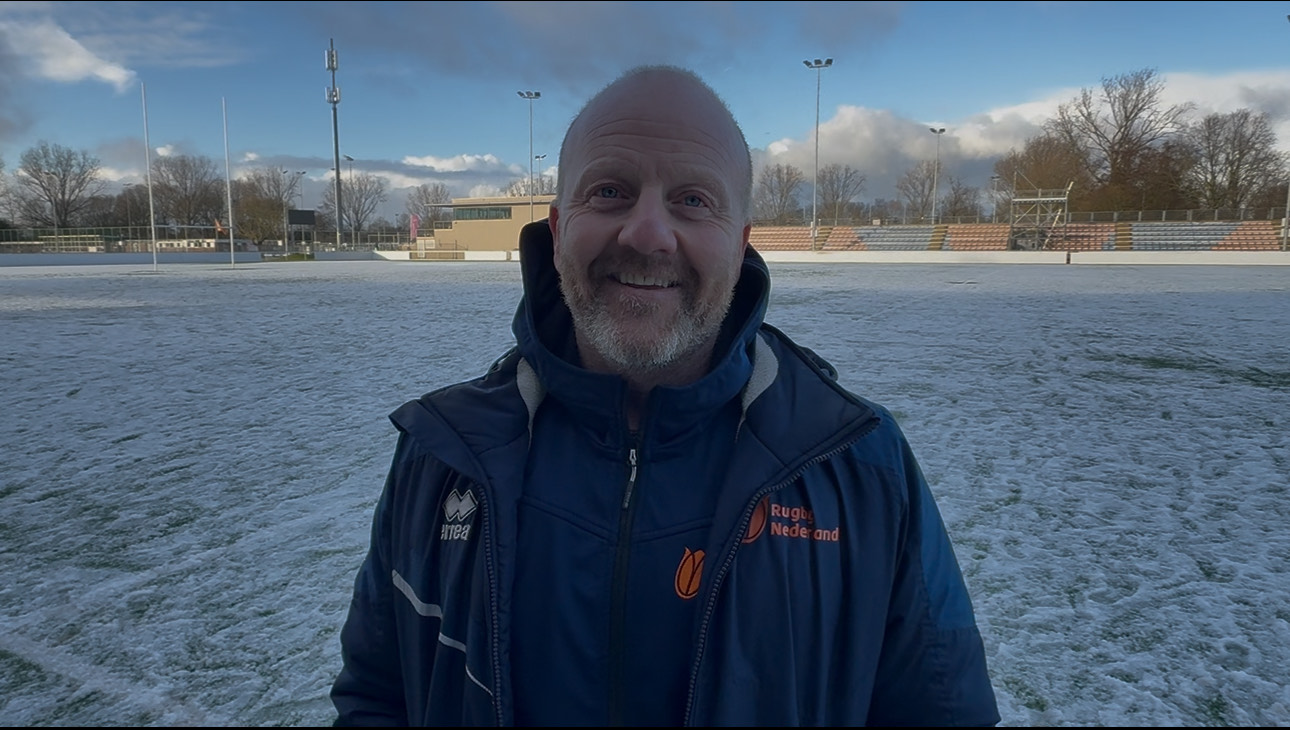
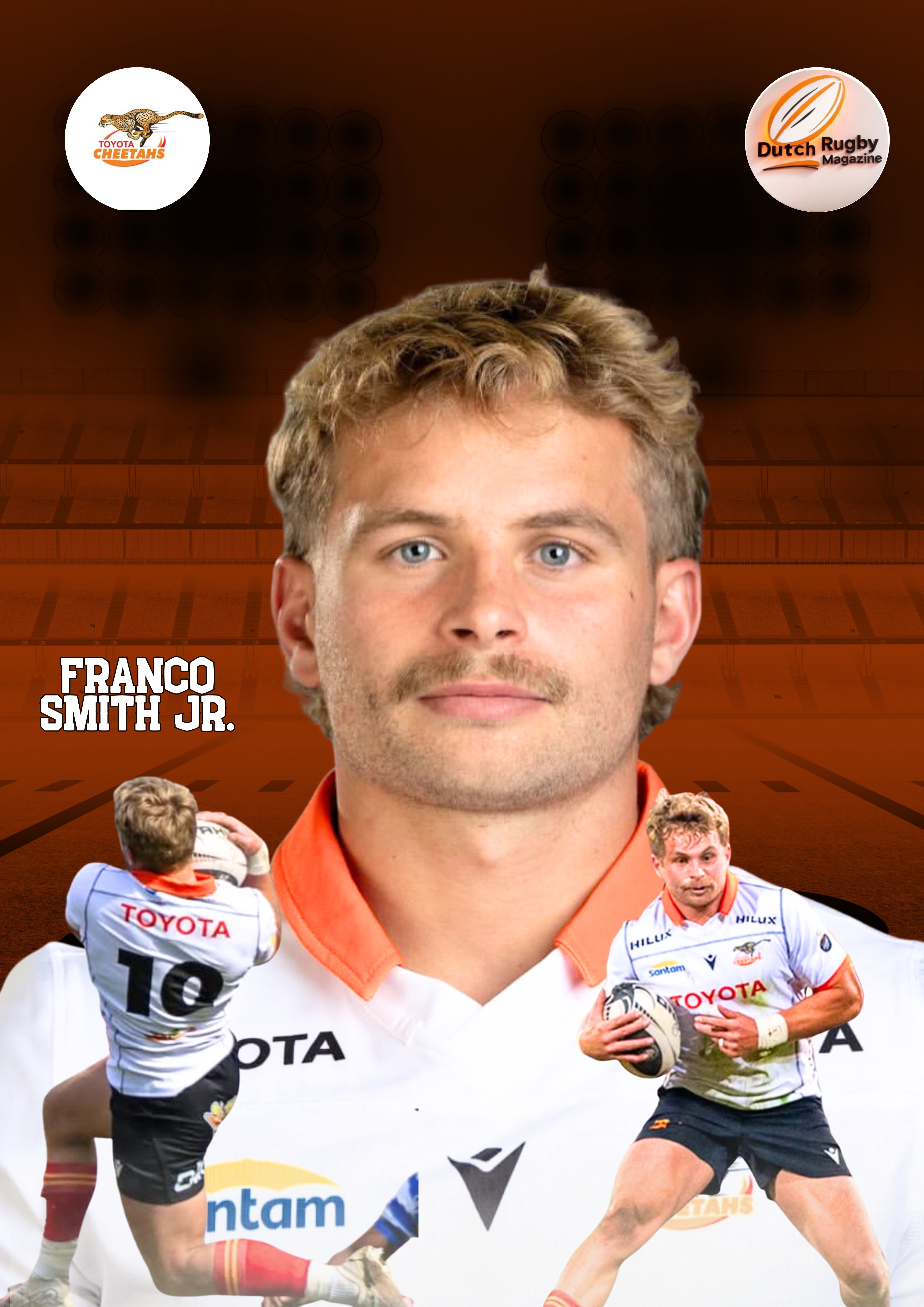

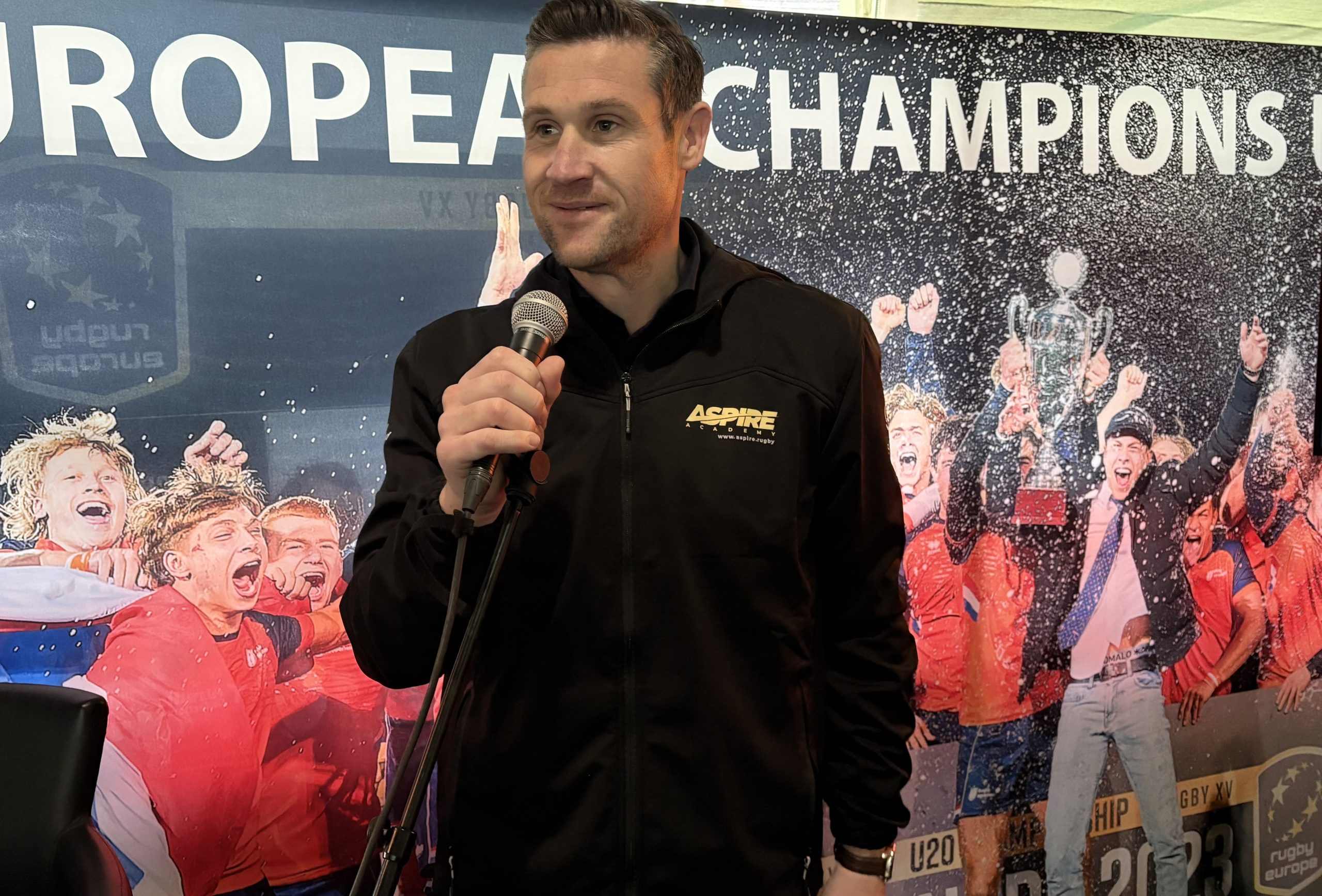


Post Comment